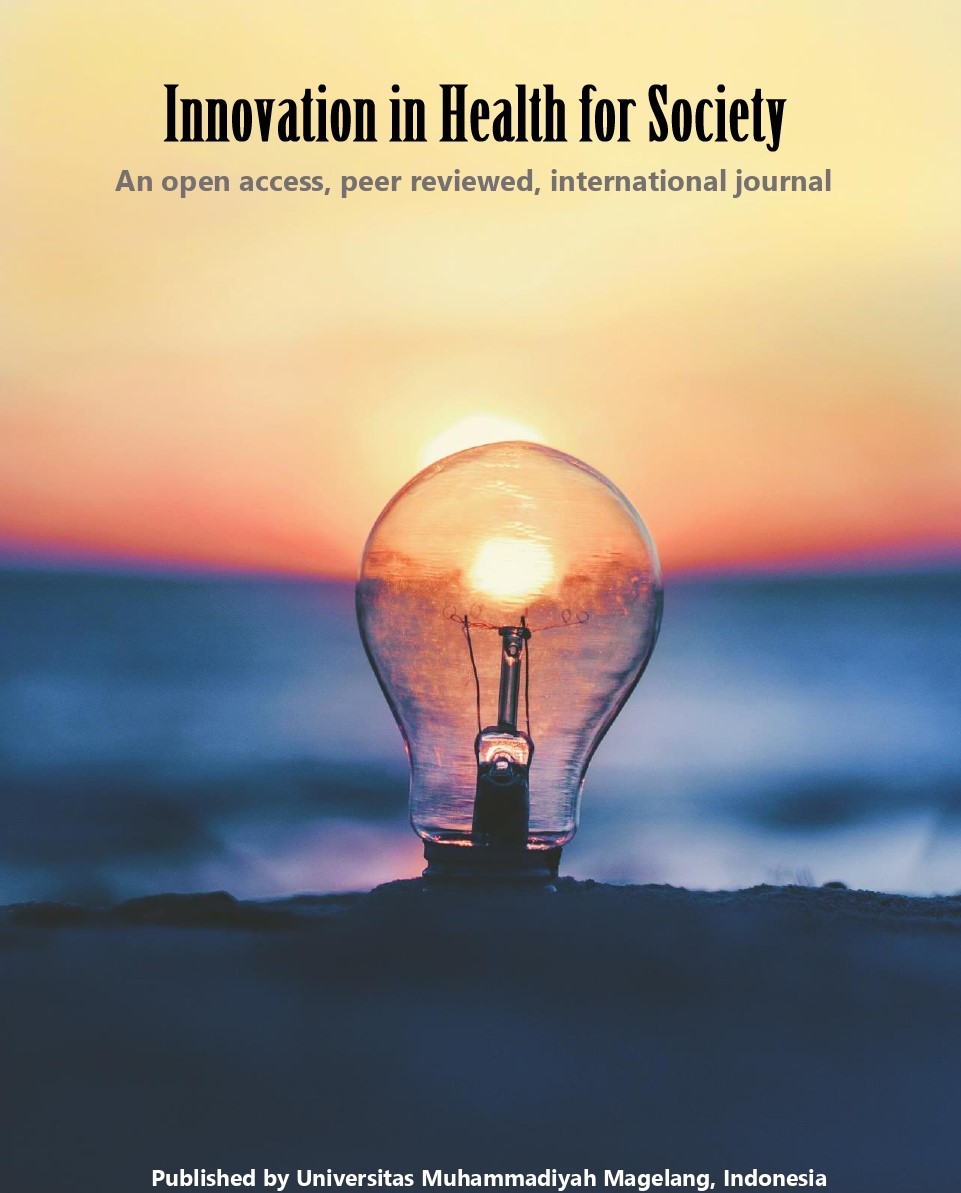Impact of Mozart music exposure on neuronal apoptosis in newborn Rattus norvegicus: a comparative study between light and dark conditions
Main Article Content
Abstract
Emerging evidence suggests that Mozart music can positively impact neurodevelopment, but whether the timing of exposure during light or dark periods affects its efficacy remains unexplored. This experimental study aimed to identify the optimal timing for Mozart music exposure—either 1 hour during the dark or 1 hour during the light period—starting from the 10th day of gestation in Rattus norvegicus, and its effect on neuronal apoptosis in newborn brain cells. Using a randomized post-test only control group design, Rattus norvegicus was employed as the model for Mozart music stimulation. A total of 24 pregnant rats were randomly divided into three groups: a control group (no music exposure), treatment group 1 (1 hour of Mozart music during the dark period), and treatment group 2 (1 hour of Mozart music during the light period), with 8 mother rats per group. After birth, the two heaviest female pups from each litter were selected, resulting in 15 pups per group. These pups were sacrificed, and their brain tissues were analyzed using the TUNEL assay under 1000x magnification to determine the neuronal apoptosis index. The study reported no miscarriages or maternal deaths across all groups. The mean apoptosis index was significantly lower in treatment group 1 (24.87 ± 3.45) and treatment group 2 (23.82 ± 3.89) compared to the control group (55.98 ± 4.12) (p = 0.002 and p = 0.009, respectively). However, no significant difference was observed between treatment group 1 and treatment group 2 (p = 0.836). The findings suggest that exposure to Mozart music significantly reduces neuronal apoptosis in the brains of newborn Rattus norvegicus, regardless of whether it is played during light or dark periods. This indicates that Mozart music can be utilized flexibly, offering potential implications for neurodevelopmental interventions.
Keywords: Biomedical innovation, brain cells, fundamental study, Mozart music, neurodevelopment
